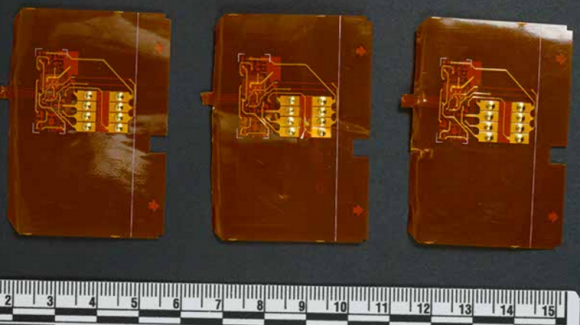A Shakeup in Russia’s Top Cybercrime Unit

A chief criticism I heard from readers of my book, Spam Nation: The Inside Story of Organized Cybercrime, was that it dealt primarily with petty crooks involved in petty crimes, while ignoring more substantive security issues like government surveillance and cyber war. But now it appears that the chief antagonist of Spam Nation is at the dead center of an international scandal involving the hacking of U.S. state electoral boards in Arizona and Illinois, the sacking of Russia’s top cybercrime investigators, and the slow but steady leak of unflattering data on some of Russia’s most powerful politicians.





